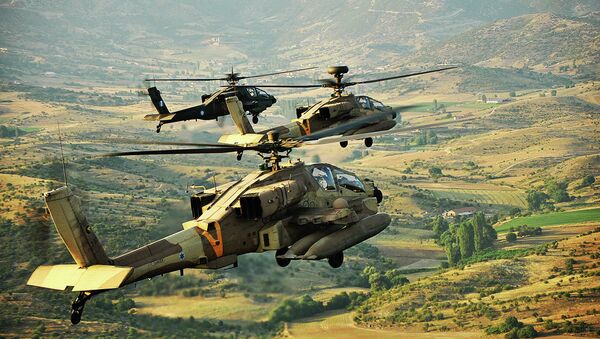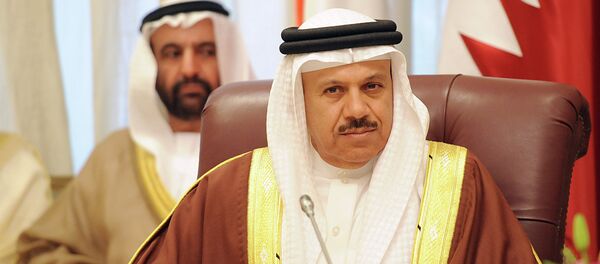At the Herzliya security conference on Tuesday, Yaalon said Israel needs to maintain its "qualitative edge." The statements preceded scheduled talks with US General Martin Dempsey, where Israel hopes to secure increased military funding from the United States.
"Even if there are not now any hostile designs (among them) against us, as we know in the Middle East intentions are liable to change. The capability will without a doubt be there and this must be prepared for," Yaalon said.
Yaalon questioned the regional reaction to the ongoing international negotiations concerning restrictions on Iran's nuclear program in exchange for sanctions relief. A June 30 deadline is approaching for a final agreement.
"The Gulf states are arming themselves, mainly with Western, American weaponry, in the understanding they will need defensive capabilities to contend with the new Iran situation," Yaalon said.
"This of course challenges us, too, and here there is enormous importance to preserving what is called the State of Israel's 'qualitative edge' in the face of this regional arms race."
The "qualitative military edge" (QME) is a concept solidified in US law, and serves as a standard of technological and tactical military advantages over Israel's larger regional neighbors that the United States has committed to maintaining with its military aid to Israel. The US government is required by law to take this concept, this balance of military might, into account when planning arms sales to Gulf states.
— Oren Kessler (@OrenKessler) May 24, 2014
Moreover, Israeli officials have expressed skepticism that the Iranian deal will even achieve its stated goal of preventing Tehran's development of a nuclear weapon.
Speaking at the same conference, Israeli Prime Minister Benjamin Netanyahu claimed the entire region lacks confidence in the nuclear talks, though he did not name specific countries or their leaders in making the assertion. However, one of his closest confidants, Dore Gold, met just a few days earlier with Saudi Arabia to discuss Iran.
"I am often portrayed as the nuclear party pooper," Netanyahu said. "But I speak with quite a few of our neighbors, more than you think, and I want to tell you that nobody in this region believes this deal will block Iran's path to the bomb."
Netanyahu, recognizing that neighbors in the region had a common fear of a nuclear Iran, warned that the talks would lead to a nuclear arms race, resulting in a Middle East "crisscrossed with nuclear trip wires as other states nuclearize."
Israel's statements come on the heels of a meeting of the Gulf Cooperation Council (GCC) in May, where the US announced that it was considering agreeing to use military force to defend Gulf States under threat — granting them major non-NATO ally status — and on creating a shared missile defense system.
In the wake of the sweeping territorial gains of the self-proclaimed Islamic State terror group starting last year, some US officials have said they are open to reconsidering the QME concept, as it may hinder the fight of certain states against IS militants.
In a Feb. 5 letter urging military aid to Jordan to support their fight against the group, members of the Senate Armed Services Committee, including chairman Sen. John McCain R-Ariz. said they were committed to "the maintenance of a Qualitative Military Edge (QME) for Israel."
But others questioned whether the concept would need to change with changing regional circumstances.
"Arming Jordan so that they're in the best possible position to fight [IS] is in the best interest of Israel and the region," Rep. Adam Smith, D-Calif, the committee's ranking Democrat, told Al-Monitor. "[The QME policy] is something we might have to look at. I think certainly regarding Jordan, Saudi Arabia, we should review it."




